Once you've researched solar energy and determined it's right for your home, contacting one of the best solar installers near you is a good idea.
They'll conduct a thorough inspection of your house and surrounding areas and tell you exactly how many solar panels you require, how much they'll set you back, and when they'll start paying off.
At this stage, you'll probably be asking yourself many different questions and might not even know which ones to ask. That's where we're going to help you out.
We've written this article so that you can get answers to all the important things you need to know when choosing a solar energy system installer.
If the solar energy provider you've selected can answer your questions satisfactorily, you can be sure that you've made the right choice - and start enjoying the benefits of solar power!
Information the Solar Installer Should Provide You in a Quotation
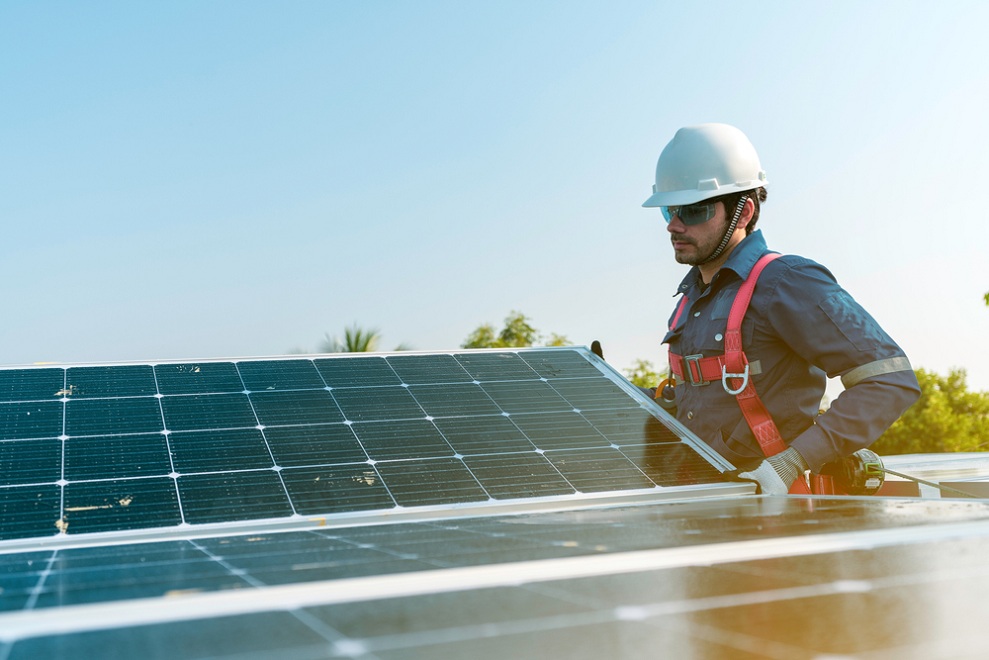
A good solar quote must include enough information for you to be able to decide whether the installation company has the knowledge and experience to install your system properly. It should give more answers than it asks.
You should get quotes from more than one company for solar panel installation because you want to compare their offerings. It is also a great way to see which business partner takes your needs more seriously than others.
Below is a detailed list of everything you need to know when looking for a solar quote.
A Solar Quote Must Include the Following:
Also, Check Out This Additional Information:
We've already mentioned that a good solar quote should include answers to the most important question: how much the solar panels will cost, and how much you’ll be saving?
After reading the quote, you'll understand everything you need to determine whether a solar energy system proposal makes sense financially.
After examining the quote closely, it's time to look into the company itself and the process they're taking forward.
Make sure you know them well before they climb onto your rooftop.
Unless you're picking your brother-in-law's new solar company because he's trying to gain some experience, you should choose an installer with a lot of experience under their belts.
You should also check to ensure they're properly licensed to work in your state and carry insurance against any mistakes and potential liabilities.
There are now options for solar install companies in the U.S. to become NABCEP certified. We highly suggest choosing an installer who guarantees a NABCEP-licensed professional will be present during the installation.
Here are some questions you should be asking a solar installer about themselves before hiring them for installation:
If you're satisfied with the responses to these questions, then you know the solar energy provider is established and staffed by experts.
These last two questions are especially important.
Local utilities have different policies regarding how homeowners' solar panels must be connected to their power grid, and experienced installers know how to avoid any issues during installation so that everything runs smoothly.
Using subcontractors isn't necessarily a bad thing. Many solar energy companies use subcontractors to install rooftop solar racks and use contractors to install the final connections to the power supply line.
However, it's good to clarify things before you start installing. Top installers will be open and straightforward on these points.
With the help of the solar calculator at SolarReviews, you can be sure that you'll be matched up with experienced professionals who specialize in installing solar panels.
We also have webpages dedicated to each installer with information on their credentials and verified customer reviews.
Questions About Solar Equipment
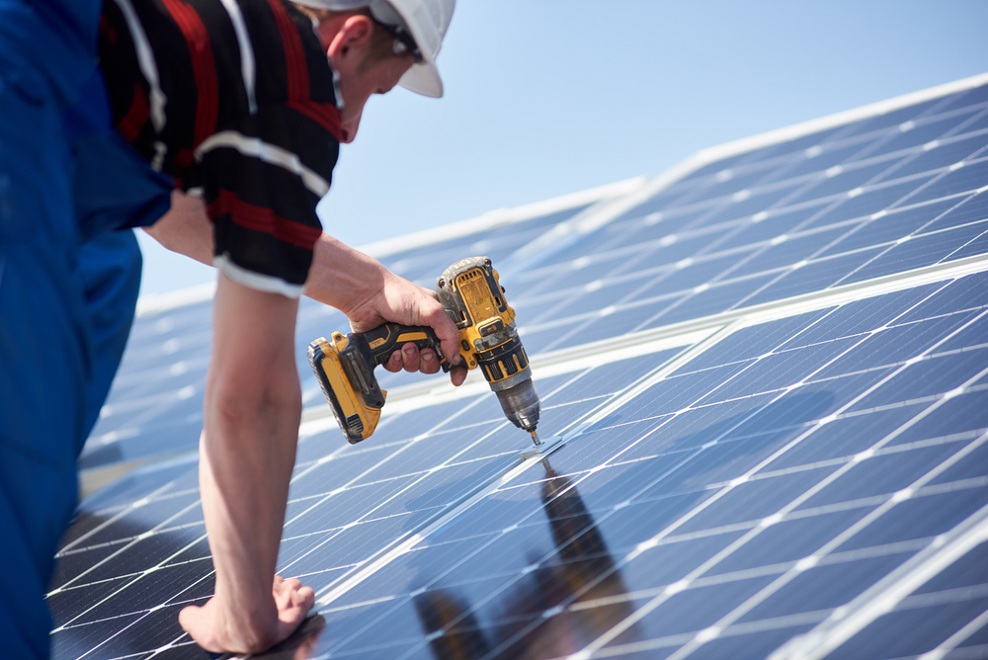
When buying solar equipment, most install companies tend to go for quality products from reputable manufacturers with good warranties and long life spans. However, it’s always wise to double-check.
Make sure you know exactly what you're putting on the roof for the next three years. Compare it to other products on the marketplace.
Fortunately, SolarReviews provides real user reviews of solar panel systems, inverter systems, battery systems, and more.
It doesn't mean you shouldn’t question the installer about their choice of equipment. It would be best if you asked them also.
When talking to an installer about solar power systems and other equipment, ask these questions:
Solar Panel Warranty
A good way to compare brands is by looking into their solar panel warranty. At least 25-year warranties should cover power generation, and 10-year warranties should cover workmanship.
Many manufacturers, including SunPower, LG, and Panasonic, offer 25-year warranties on their top panels.
Inverters
String inverters usually come with a 10-year guarantee, but some may extend their warranties by an extra few years. They mean you'll have to replace them at least once when you own the solar panel system.
Microinverters from manufacturers like Enphase are warranted for 25 years, just like solar panels. It can sometimes fail, which means you may lose electricity from one panel while waiting for the replacement.
Batteries
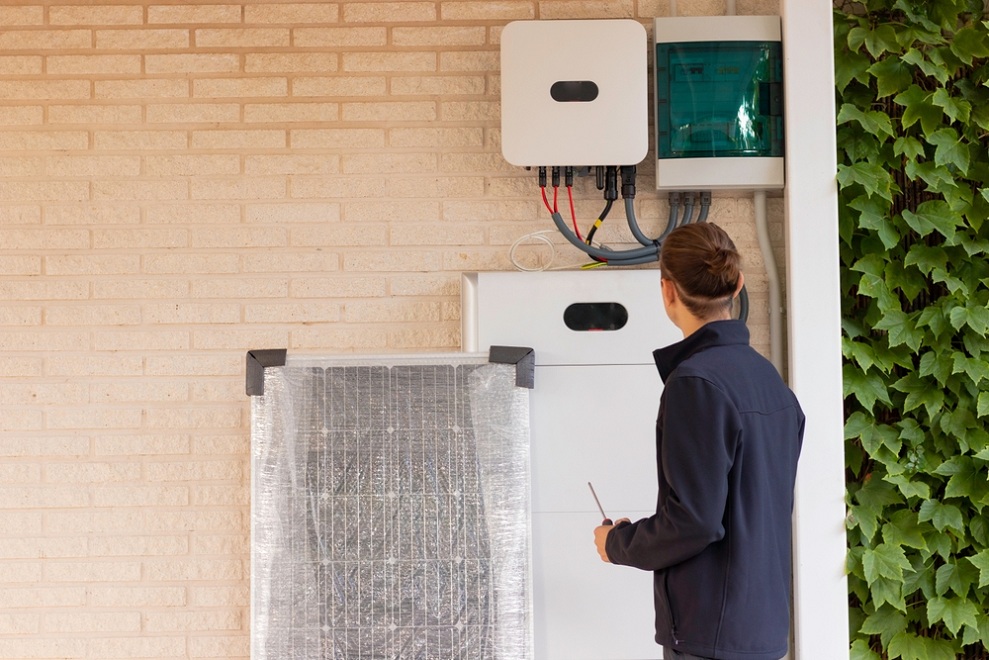
You probably won't ever have to install a home solar battery. A power outage isn't usually long enough for anything important to be lost, but you might experience some inconvenience if you rely on electricity at that particular time.
Recent problems in California and Texas have demonstrated that blackouts can be fatal, and the peace of knowing that you're prepared for future outages can be worth the cost, even though you may not ever need to use them.
Installing battery packs during the installation of a solar panel system has certain benefits.
There are two ways to design batteries: DC coupled or A/C coupled. The differences aren't huge, but they're worth considering.
Installation costs might also be reduced, so batteries installed at the same time as solar cells could be slightly cheaper than batteries added after solar cells were already installed.
Suppose you wait until later to buy a battery. In that case, you'll probably buy an AC-coupled battery (like the Tesla Powerwall ), which will store electricity only after it has been converted from DC to alternating current by your solar inverter system.
That doesn't mean something bad; however, it does cause some extra energy loss from the conversion.
Animals
Don't overlook this question. Most places in the US don't experience major issues from animals damaging solar panels.
However, it's also possible that the squirrels near your house are extra ornery and enjoy building nests under solar panels or chewing through power lines.
To prevent animal issues from happening, there are products out there to help avoid them. Your installation team will know if others have experienced similar problems before.
It makes sense to double-check the numbers when it comes to finances.
Homeowners' main concern is usually cost, and closely linked with that is saving. We've already mentioned that a good solar contractor should give you an estimate for the total cost, annual savings, and payback period of installing solar panels.
The quote should also include details on the federal solar investment tax credits available to you, especially the federal tax rebate, which can earn you up to 26 percent of the cost of installing solar panel systems back as a tax deduction the year after installation is completed.
Here are some questions to consider when thinking about costs and savings associated with your solar panel installation:
Solar Tax Credit
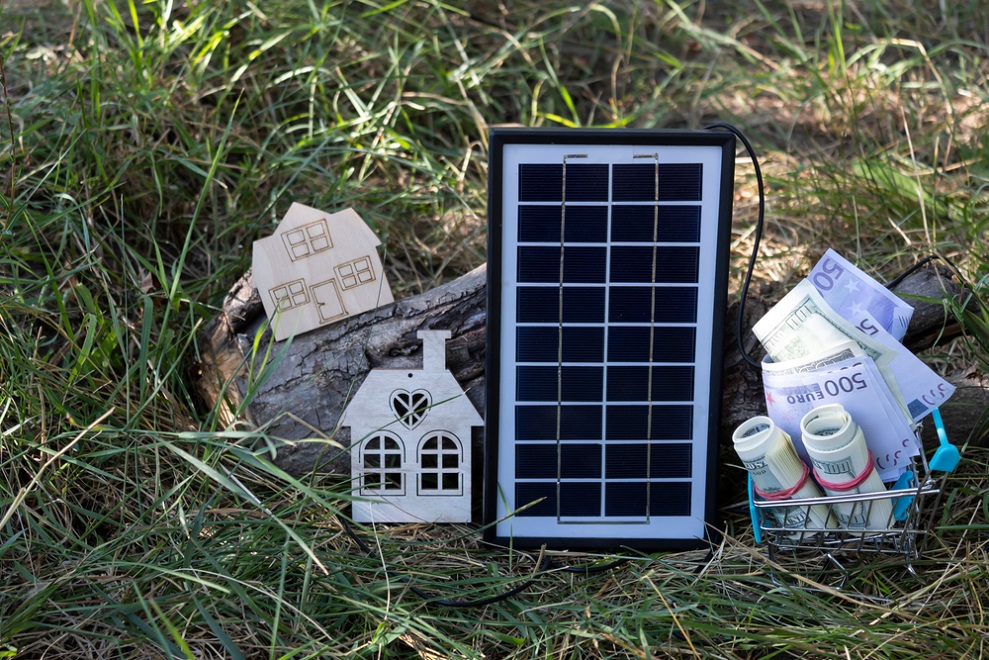
Not every solar salesman is completely honest about ensuring you qualify for tax credits and rebates. If you owe any federal income taxes for the year, you may be able to take advantage of the full 26% solar energy credit.
Another way to put it is that you need to have an income. Some retirees have been misled into thinking they're eligible for the tax break by unscrupulous sales agents even though they don't have any income.
You shouldn't expect your solar installer to know everything about taxes, but they should be honest with you about what it would take to qualify for this incentive program.
Solar SRECs (Solar Renewable Energy Credits) don't require any income to qualify for, so they're an excellent incentive to use when installing solar panels. Your installer should be able to help you get qualified and claim them.
Savings Estimates
When making solar energy estimates, salespeople sometimes mislead their clients by not telling them the whole story.
This calculation relies on assumptions about how much power your solar panel system will generate each year, how much the costs of that power will rise annually, and if your state provides net metering for solar systems.
Your installer should be able to provide you with an accurate estimate of the solar power output from your roof.
Installers often need to perform these complex calculations using expensive software programs. However, you can still use the free PV Watts tool from the National Renewable Energies Lab (NREL) to get an estimate of whether their numbers are correct.
As far as electricity bills go, they rise by between 2.5 and 3.5 percent each year. Some places have very low historical rates of increase, while others have very high rates of increase.
You can obtain the historical rates for your electric bill by contacting your utility company or going through old electricity bills.
If your solar quote indicates an expected rise in electricity costs of more than 3.50% per year, check the figures against previous years' rates and request additional documentation from the solar provider.
Financing
Financing options and their impact on final costs are extremely important when choosing a loan.
Most solar energy providers work with financial institutions to offer solar loans, which allow homeowners to pay for their solar systems in installments instead of paying up front.
Some solar companies will offer solar leasing or PPAs because they own the panels. You'll typically be charged a monthly fee or a fixed rate per kilowatt hour of electricity produced by the panels.
One important point to note here is that solar install companies who offer loan financing typically pass a financing fee onto their customers.
If the difference between the cash and financing prices seems too large, consider obtaining a Home Equity Line Of Credit (HELOC) from your preferred lender.
HELOCs are harder to get than most solar loan programs, but they don't have any financing fee, which means you'll be saving money while still financing the installation. Furthermore, solar energy systems increase the value of your property.
A HELOC for solar won’t necessarily cut down on the value of your house as much as a mortgage for another type of improvement.
Questions About the Work Being Done
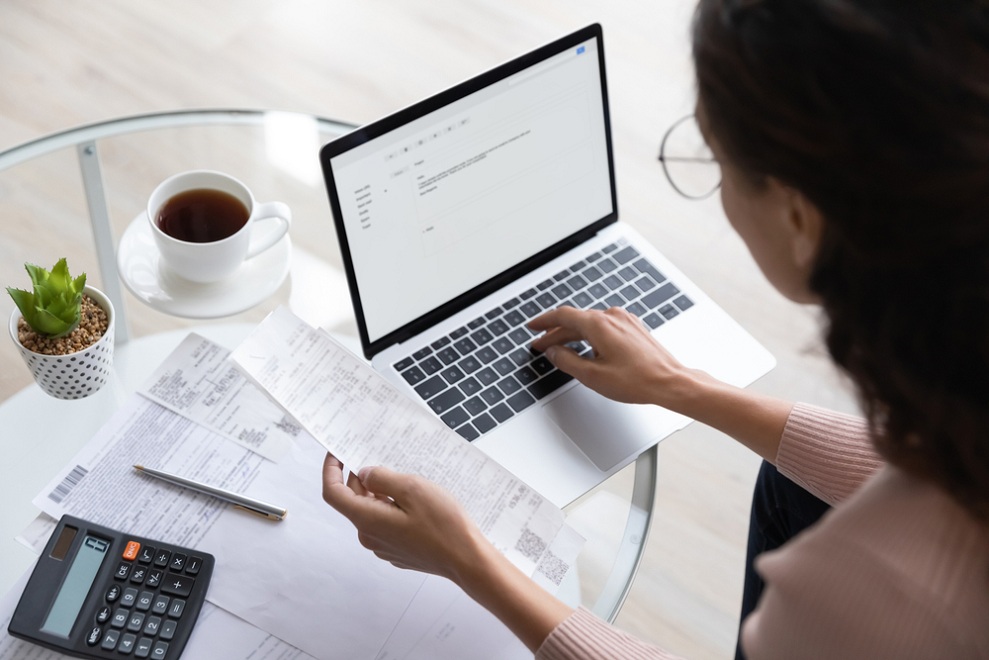
Once you've decided on the cost and payment plan, it's the right moment to start thinking about the practical side of putting up panels on your house and generating electricity from them.
Here are some questions to ask about the installation procedure:
Installation Process
The above questions are all about the process involved. A good installer should provide you with a timeline and commitment to meet it.
Some factors are within their power, like starting date, and others are outside their power, like permitting timeline and scheduling an inspector from the utility company before they get final approval to run (PTO).
It usually takes between two and six months to complete the entire process.
System installers must perform a site visit, submit an application for a system design to the relevant authorities, obtain a permitting license, schedule the installation, conduct inspections, and receive final approval from the appropriate authorities before they can connect and begin operating their systems on the grid.
They should be open with you about this process and how they've worked with your utility company.
Guarantees
If the installer can’t complete the work on schedule, it could mean that you didn’t qualify for any available incentive programs when you agreed to the contract.
An example of this would be back in 2019 when the Federal Solar Energy Credit dropped from 30 percent to 26 percent of the solar panel's cost.
If you didn't have a complete solar installation by December 31, you wouldn't be able to take advantage of the 30% tax credit.
Your installer should be able to provide you with a warranty or refund the difference between the incentive you thought you'd receive and the incentive you received because they exceed the estimated completion time for the installation.
You should always check whether they provide a warranty that their work won't cause any harm to your property, and if so, ensure that they cover you against roof leaks, cracked tiling, and other damages.
The best installers provide workmanship warranty coverage for at least five years after completion so you can be sure they're doing quality work. If there are any issues with the quality of the workmanship, they usually happen shortly after installation.
If any panel(s) suffer damage, know what to do.
Once you know how and when the solar power system will be activated and how much it will require, it's time to start thinking about what happens during all those years you'll be producing electricity.
A solar power system lasts for at least 25 years; however, things can go wrong, and it's good to know what to do when that happens.
These are the important things to consider when thinking about the future.
Monitoring Software and Systems
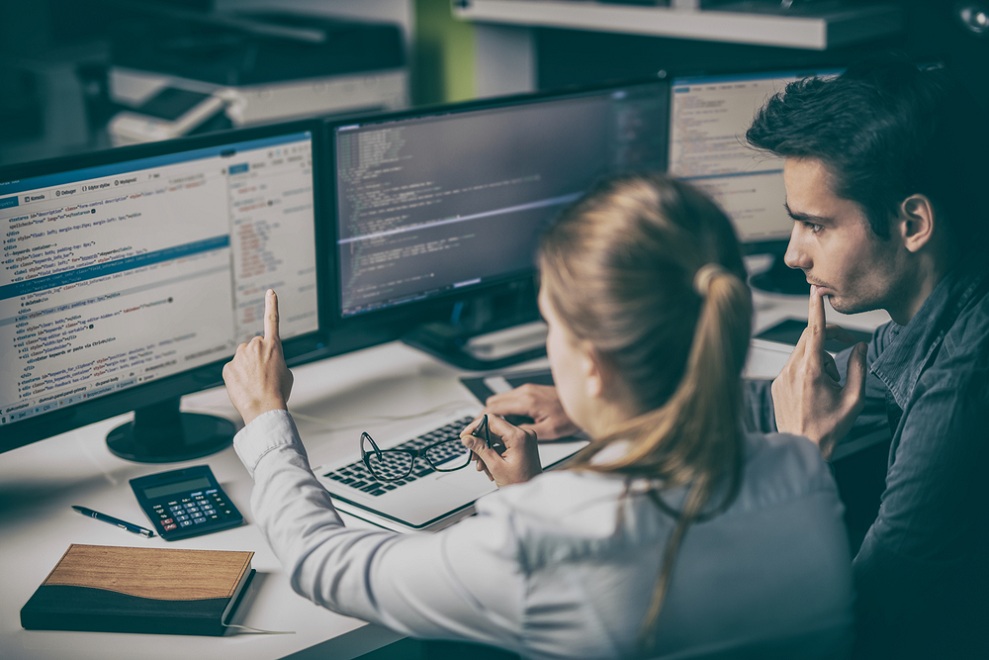
Once your solar panel system has been completely assembled and working properly for several months, you'll want to start seeing a real-time reading of how much power your system is generating and how much money you're making.
You should be able to get an idea from your installer about which solar monitoring solutions they're using, or at least see how to use a third-party solution like the Sense® Energy Monitor Solar and Is It Worth It?
They may offer a production warranty if you buy solar power from an installer with a PPA or lease agreement. It means that you should expect a minimum annual output of kilowatt hours from your solar energy system.
If the installed system doesn't produce enough power for your needs, your lease agreement should include provisions for reimbursement, usually a monthly statement adjustment.
You usually don't receive a production guarantee when you buy solar panels with cash or loans. It doesn't mean you should be suffering from low power outputs.
If your panels aren’t producing what you expect them to produce, your first call should go to the installer. Before the panels get up on their roofs, ask the company what after-sale services they offer if something goes wrong.
Know Your Contract
Make sure to ask about your state’s net metered contract. Many states once had policies where those who signed up for net-metered contracts could remain on them indefinitely.
As new net metering laws change across the country, you may be able to get the full retail price for electricity for just ten or twenty-year periods.
It's always better to know ahead of time if your utility company plans to switch you from one rate plan to another.
Panel Failure and Damage
If a solar panel stops working due to a manufacturing defect, you need to call the company who installed the panels and ask if they'd prefer you to call their customer service department or the manufacturer directly.
Owning or leasing solar panels will probably affect the answers to these questions differently.
A side comment: Solar Panelling is usually insured under most homeowner's insurances.
Your insurer will usually cover the cost of repairing your solar panel systems if they're physically damaged. However, there may be some deductibles involved.
Big, Structural Change
We've been saying for quite some time now that solar cells are designed to last a long time.
Unless you're installing them on top of a new roof, chances are good that eventually you'll need a roofer to replace old shingles or tiles.
You might be able to get an installer to do this for you at a small cost, and you might even be able to request that they include it in their written agreement.
If your electricity use changes or your electricity consumption increases after, say, having children or purchasing an electric vehicle, you might want to add additional solar cells to your system sometime later.
Before you start putting up new solar panel systems on your roof ask if there are any limitations or other considerations that might prevent you from installing additional ones later on.
For example, if you had limited roofing material, then installing a less efficient solar panel system could consume all of your available roofing material.
Your installer might tell you to buy more efficient panels that use less space. So if you need extra space in the future, you'll have one less thing to worry about.
Also, the possibility of adding additional solar panels in the future could mean that your installer might suggest installing an inverters capable of handling more energy, or they might recommend microinverters so that future panels don't require any changes to your current system.
The Final Word on Asking a Solar Installer Questions
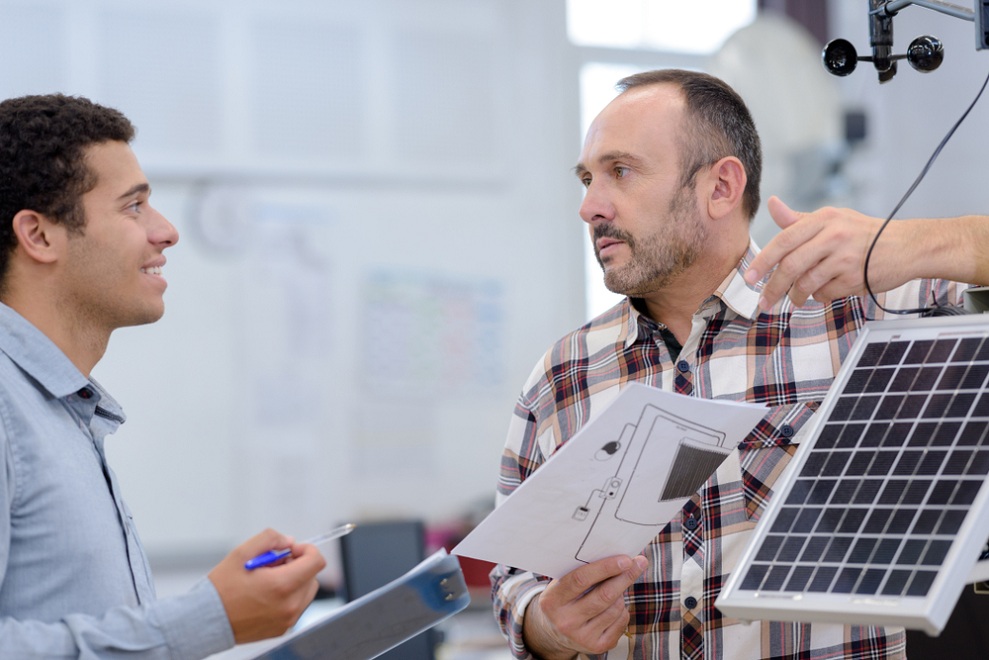
Installing solar power systems on your house is a big decision, so you need to be careful not to make any mistakes when choosing which system to buy.
You don't need to ask us everything listed above, but you can do some of your own researching here by selecting from the "Learn Solar" dropdown (on desktop) or tapping the "+" icon on mobile).
If you're asking them anything at all, your installer should be able to give a good, logical response to, and they shouldn't have any trouble doing so.
You can easily determine whether an installer is good or not simply by looking at his level of openness when explaining things to you.
Solar panels are an excellent example of a low-maintenence product. Once they're fully installed and activated, you'll hardly ever need to contact the company who installed them for any service needs.
However, given that you are entering into a 25-year long partnership with a company, you should ensure that they are prepared to be there for you when needed.


